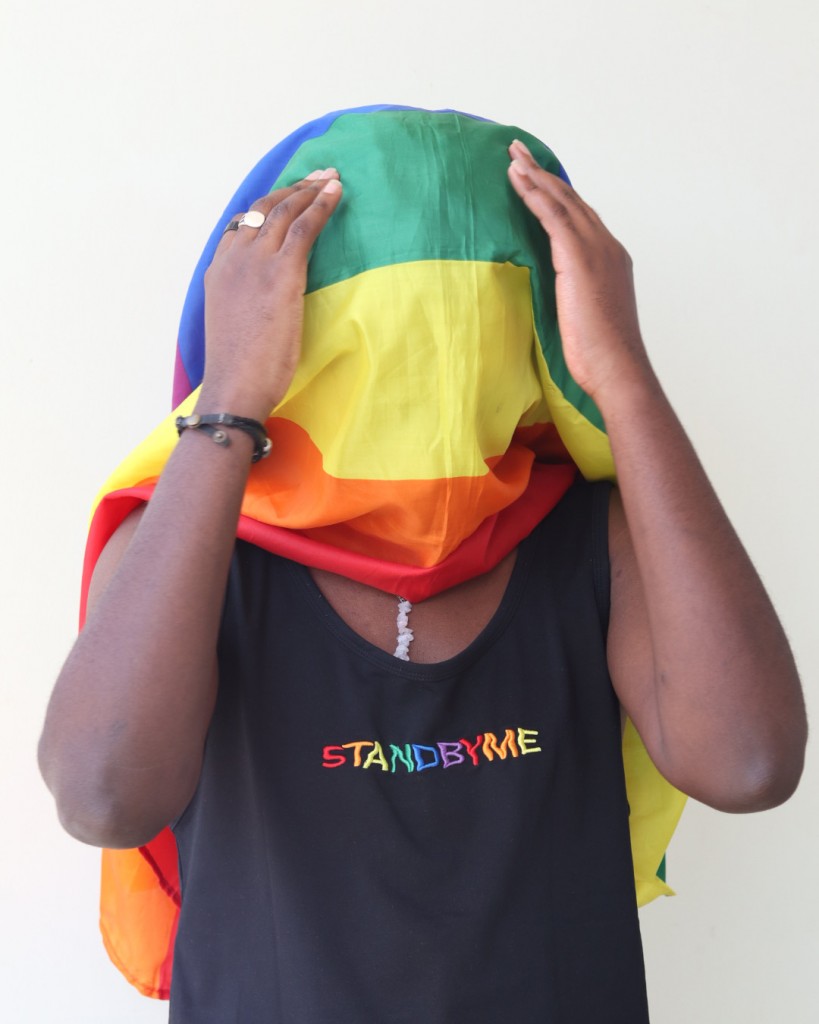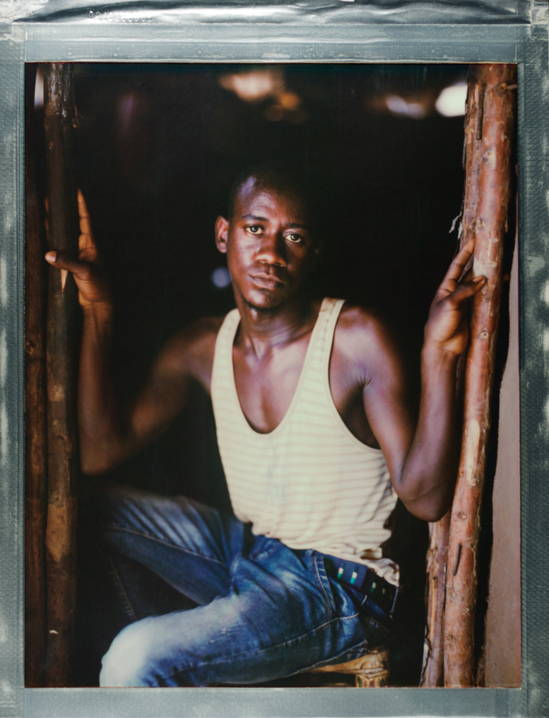
Ntwari/
Rwanda
“Am finally out to both of my parents and I should say that wasn’t easy.”
READ THE STORY
“Am finally out to both of my parents and I should say that wasn’t easy.”
READ THE STORY
“This is a message I pass to your friends: if you know your friend have a problem, don’t run from him. You two are like that. Stay with him. Give him hope. All of the world is not in Kakuma only. Every place where there’s LGBTI like us, help them.”
READ THE STORY